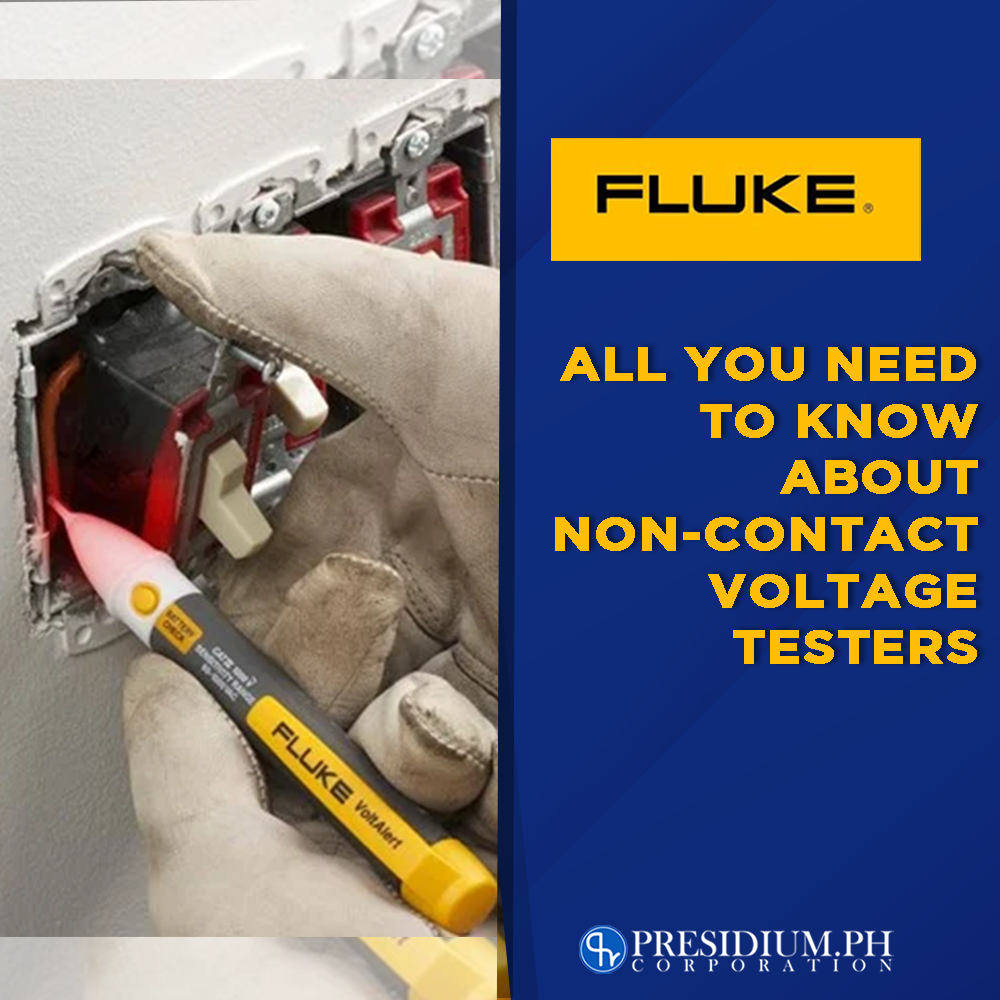The Importance Of Electrical Grounding
What is electrical grounding?
Indeed, people have made notable advancements in the electricity department and electrical grounding is one of its big improvements. Technically, electrical grounding is storing electricity on the ground to prevent fatal risks from occurring. It is the process of connecting electrical panels, electrical motors, installations, electrical controls, etc, to the earth. As a result, this will make the environment safer for people since it reduces dangers from civilians and equipment.
What happens if I do not do electrical grounding?
You will be exposed to fatal shocks if your currents are not grounded. So, there are three things about wiring that you need to know about. Ideally, there is an active wire, a neutral wire, and a grounding wire. So, let us look at each one of them closely.
An active wire is the one that supplies power to the wires. Meanwhile, the neutral wire is the one that carries the current back. Lastly, the grounding wire is the one that can be attached to outlets as well as other electrical devices to be connected to the ground at the breaker box.
Originally, the grounding wire is only an additional feature. However, regardless of their “newness” grounding wires holds the most advantageous feature for people since it gives them complete protection from fatal shocks. The grounding wires work for electrical current to safely return to the ground.
As a result, if a short circuit did occur the current would flow through the ground wire causing a blown fuse or tripped circuit breaker. Better a blown fuse or a tripped circuit breaker than a fatal shock, right?
Benefits of proper grounding
Let us face it. Grounding is also one of the most overlooked aspects when it comes to electrical wiring. Nevertheless, according to Platinum Electricians, grounding your wires is an ideal choice to provide protection against possible shocks. They explained. “Grounding your electrical system is a smart and effortless way to make it a whole lot safer, as well as to protect against the very real possibility of having to deal with fluctuations in power supply.”
Just imagine if an electrical error occurs such as lightning strikes or power surges. When you have no electrical grounding, this will cause metal components to function as conductive surfaces. Therefore, these surfaces become electrically energized. And when people touch these surfaces, they will get shocked in the process.
Platinum Electricians further explained by saying, “If you want to safeguard all of your important assets, whether at home or at the office, as well as a lookout for the health and safety of everyone around you, find out if your electrical system is grounded”.”
Advantages of proper grounding according to Conserve Online:
- Eliminates shock hazard
- Protects equipment from voltage
- Prevents electrical fires
- Reduces equipment repair cost and downtime
- Lowers levels of electrical noise (fluctuations in an electrical signal)
Why do you need electrical grounding
Not only does it bring notable safety benefits for people and their equipment, but it also brings a lot to the table overall. So, if you do not want your electricity grounded, you might want to think again. Take note of these four significant reasons why you should.
- Electrical grounding protects against electrical overloads.
- It stabilizes voltage levels
- Earth conducts with least resistance
- It prevents severe damage and death
Resolve these failures using Fluke Tools!
Hey, you made it to the bottom! Are you currently looking for the best-performing test tools in the market to run daily maintenance checks on your machines? You are in luck cause Presidium PH is an authorized distributor of Fluke test tools in the Philippines. Prevent these faults from penetrating your machine by using the best test tools there are!
If you want to know more about Fluke tools and their functions, visit our website for more info! This is a one-stop shop for the best test tools within Metro Manila.
List of Fluke models: https://presidium.ph/earth-ground-testers/


